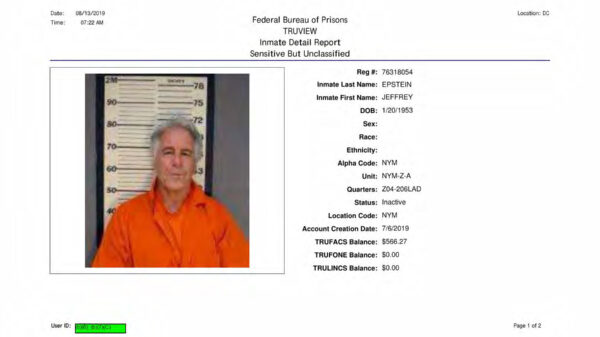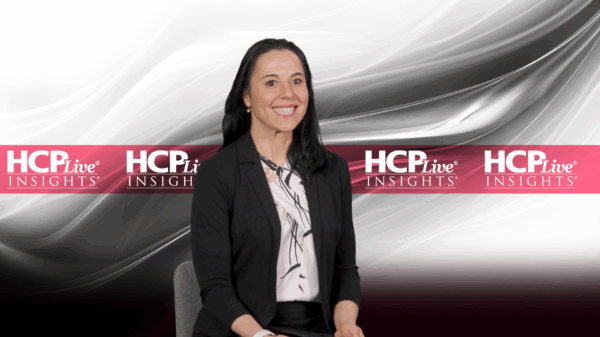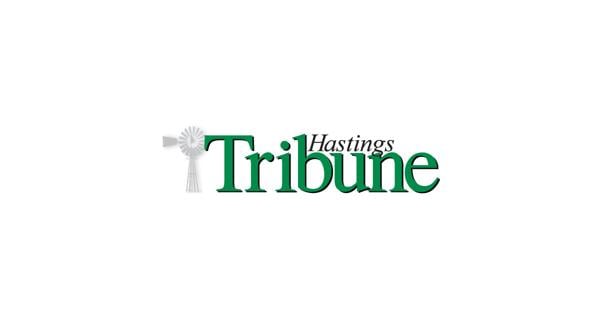America faces a critical public health challenge: many children are not thriving. Factors such as chronic disease, obesity, and mental health issues are increasingly concerning. The recent report from the Make Our Children Healthy Again (MAHA) initiative, released in September, attempts to address these issues but offers a range of recommendations that may seem disjointed. Among these, one straightforward suggestion stands out: to increase breastfeeding rates through enhanced support for new mothers.
According to the report, the U.S. Department of Agriculture (USDA) and the Department of Health and Human Services (HHS) will work to improve breastfeeding rates. This initiative may take shape through programs like the Special Supplemental Nutrition Program for Women, Infants, and Children (WIC) or other supportive policies. The American Academy of Pediatrics (AAP) emphasizes the importance of exclusive breastfeeding for the first six months, highlighting its numerous benefits for both infants and mothers, including improved immunity and nutritional health.
Despite the known advantages, breastfeeding rates in the U.S. remain low. Data from the Centers for Disease Control and Prevention reveals that while nearly all mothers initiate breastfeeding, only about half exclusively breastfeed for three months. By six months, this figure drops to approximately one in four mothers. The statistics are even more alarming for low-income women, who face additional barriers.
One of the most significant factors influencing breastfeeding rates is whether a mother works outside the home. Working mothers encounter challenges such as limited privacy, inadequate time for feeding, and the need to store milk, which complicates their ability to maintain breastfeeding. Research indicates that mothers who return to full-time work shortly after giving birth are more than 50% less likely to achieve their breastfeeding goals. Those returning to work in less than six weeks are over twice as likely to fall short of their intentions.
The need for paid parental leave becomes evident in this context. The U.S. stands out as the only developed nation without a national paid maternity leave policy. While some private companies have begun offering benefits, access remains limited, especially for low-income workers, where fewer than 10% have paid family leave available. This lack of support directly impacts breastfeeding rates, with studies from the National Institutes of Health revealing that paid family leave can extend breastfeeding duration by an average of nearly 18 days and increase the likelihood of breastfeeding for at least six months by five percentage points.
Mothers who advocate for improved children’s health, as seen in the MAHA movement, have rallied for better nutrition and health practices. Yet, the structural issues surrounding workplace policies remain largely unaddressed. The reality is that many mothers, despite their best intentions, find it difficult to balance work and breastfeeding demands.
The situation calls for a reevaluation of priorities. The ability to breastfeed—and the associated health benefits—should not depend on a mother’s employment situation. Moreover, adequate time away from work is essential to support any additional breastfeeding initiatives, such as home visits or lactation consultant services that the HHS may offer.
Some may argue that mothers should leave the workforce to ensure proper breastfeeding practices. However, many mothers cannot make that choice or would prefer not to. The notion that family needs should adapt to workplace demands is outdated. Most parents support the implementation of paid family leave, with surveys indicating approval rates exceeding 80% across political lines.
During the Trump Administration, a proposal for a national six-week paid parental leave policy was introduced, though it did not garner broad support from either party. The average paid leave duration among OECD countries is approximately 18.5 weeks, underscoring the need for the U.S. to catch up. The current administration’s approach has somewhat regressed, primarily focusing on tax credits for companies offering paid leave, rather than establishing a comprehensive policy.
The complexities of improving children’s health in the U.S. are undeniable, but enhancing breastfeeding support through paid family leave is a clear and actionable step. Advocates must continue to hold policymakers accountable and push for changes that prioritize the well-being of mothers and their children. The health of the next generation depends on it.



































































